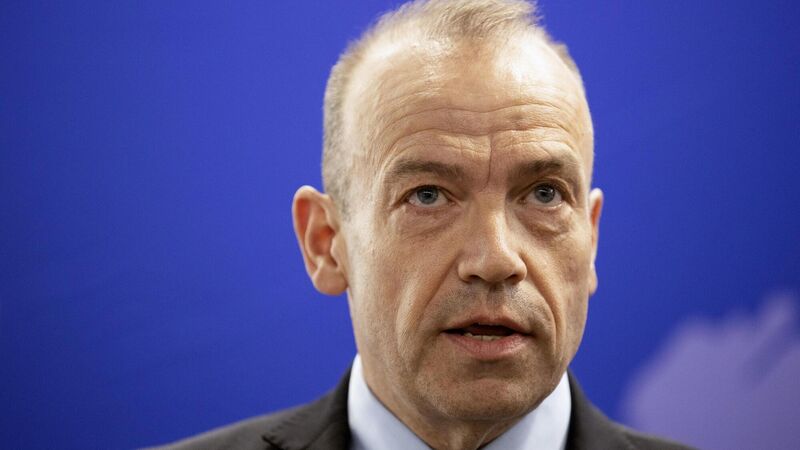Even if he delays calling a new Assembly election, the new Northern Ireland secretary of state will still be unable to prevent it from future crises resulting in the intermittent collapses of the Assembly institutions including the power-sharing executive itself.
The core problem that caused its instability emanated from the St Andrews agreement when the method of electing the executive was changed — following which the executive has been led jointly by a first minister from Northern Ireland’s largest designated unionist political party and a deputy first minister from its largest designated nationalist party. The first executive appointed under this new arrangement was led jointly by Ian Paisley and Martin Mc Guinness. This pattern continued thereafter with DUP nominees for first minister and Sinn Féin nominees for deputy first minister until the recent election in May this year. Following it, Sinn Féin are now entitled to hold the post of first minister and DUP are entitled to hold the post of deputy first minister.
Already a subscriber? Sign in
You have reached your article limit.
Subscribe to access all of the Irish Examiner.
Annual €130 €80
Best value
Monthly €12€6 / month
Introductory offers for new customers. Annual billed once for first year. Renews at €130. Monthly initial discount (first 3 months) billed monthly, then €12 a month. Ts&Cs apply.












